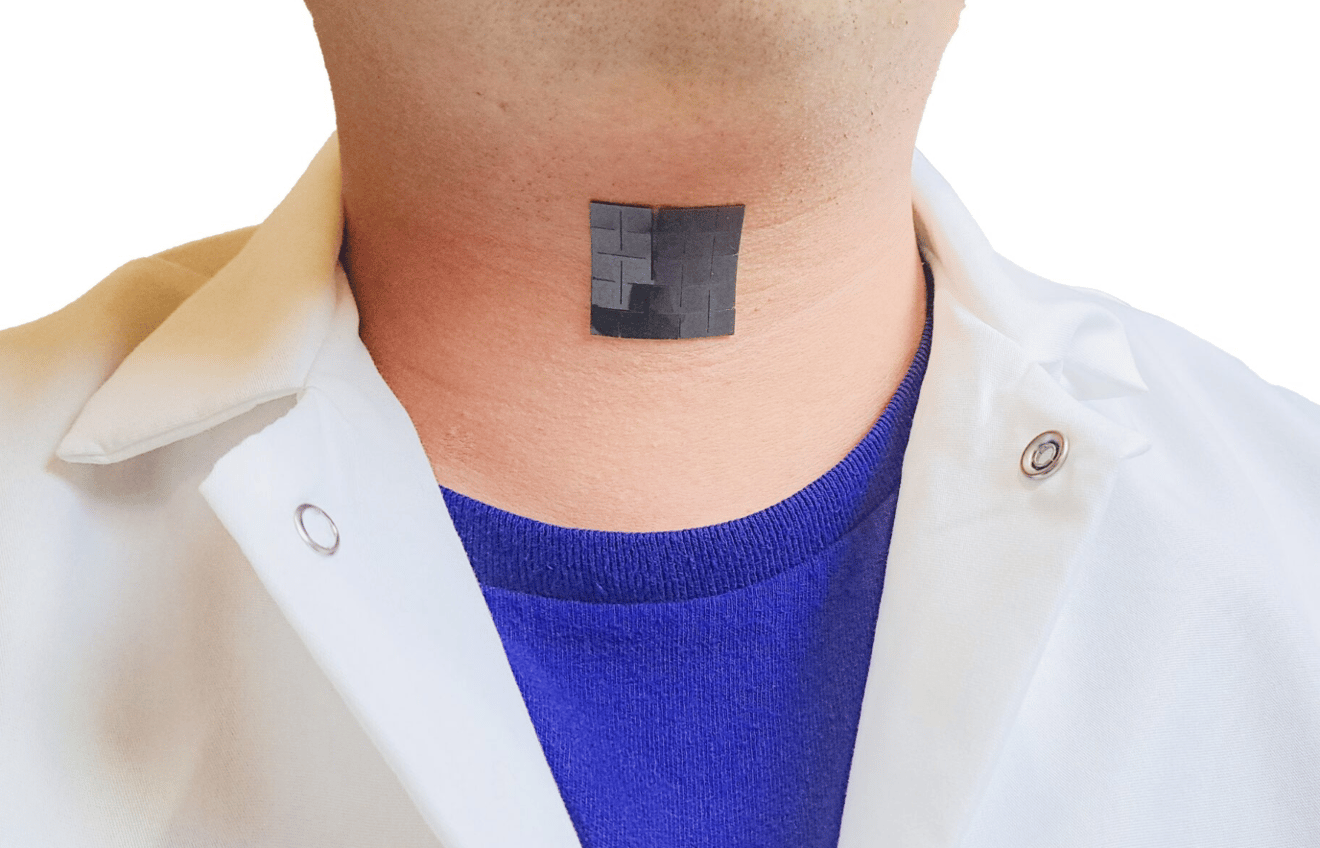Startups
Catching up with Proscia's David West
This week I chatted with David West, chief executive of Philadelphia-based AI-guided pathology company Proscia. He told me the company's capitalizing on the pathology industry's gradual move toward digitization; the company also recently earned FDA clearance to market its software for primary diagnosis.
When Proscia approaches customers — typically independent or hospital-based diagnostic labs — they're often just beginning to transition away from analog lab tools. "The biggest competitor right now is the microscope," West told me. "We think this is the early days of a market transformation, in a field that's stuck on glass and microscopes."
Lizzy's device digest
Researchers build throat patch for voice disorders

A team at the University of California, Los Angeles has designed an adhesive patch that can turn throat movements into speech — a step toward addressing challenges faced by patients with dysfunctional vocal folds, Lizzy Lawrence writes. Detailed in a new paper in Nature Communications, the patch converts throat muscle movements into electrical signals and sends them to a machine-learning model that matches them to specific words. Eventually, the technology and adhesive material — developed by UCLA researchers in 2021 — could "help people speak without vocal folds," lead researcher Jun Chen told Lizzy. Read more.
conference circuit
#HIMSS 2024 news roundup: Deals and contracts
The health IT convention in Orlando appears to be relatively quiet, raising questions among conference regulars about whether its proximity in time to ViVE may have thinned out its attendee list. Still, a few small newsmakers: AI documentation startup Abridge announced a new contract with the University of California, Irvine's health system; Arkansas Heart Hospital is expanding its contract with Oracle Health's medical record and patient accounting software across more clinics and hospitals; and Siemens Healthineers has a new Apple Vision Pro app to let clinicians, students and patients explore holograms of the human body. What did I miss? Drop me a line.


No comments